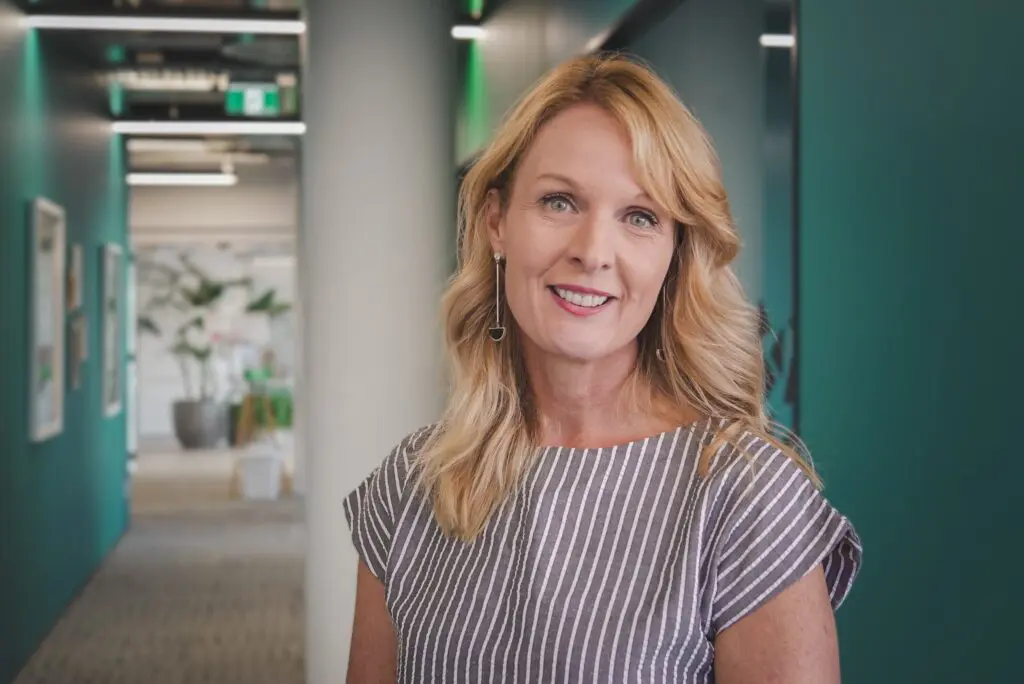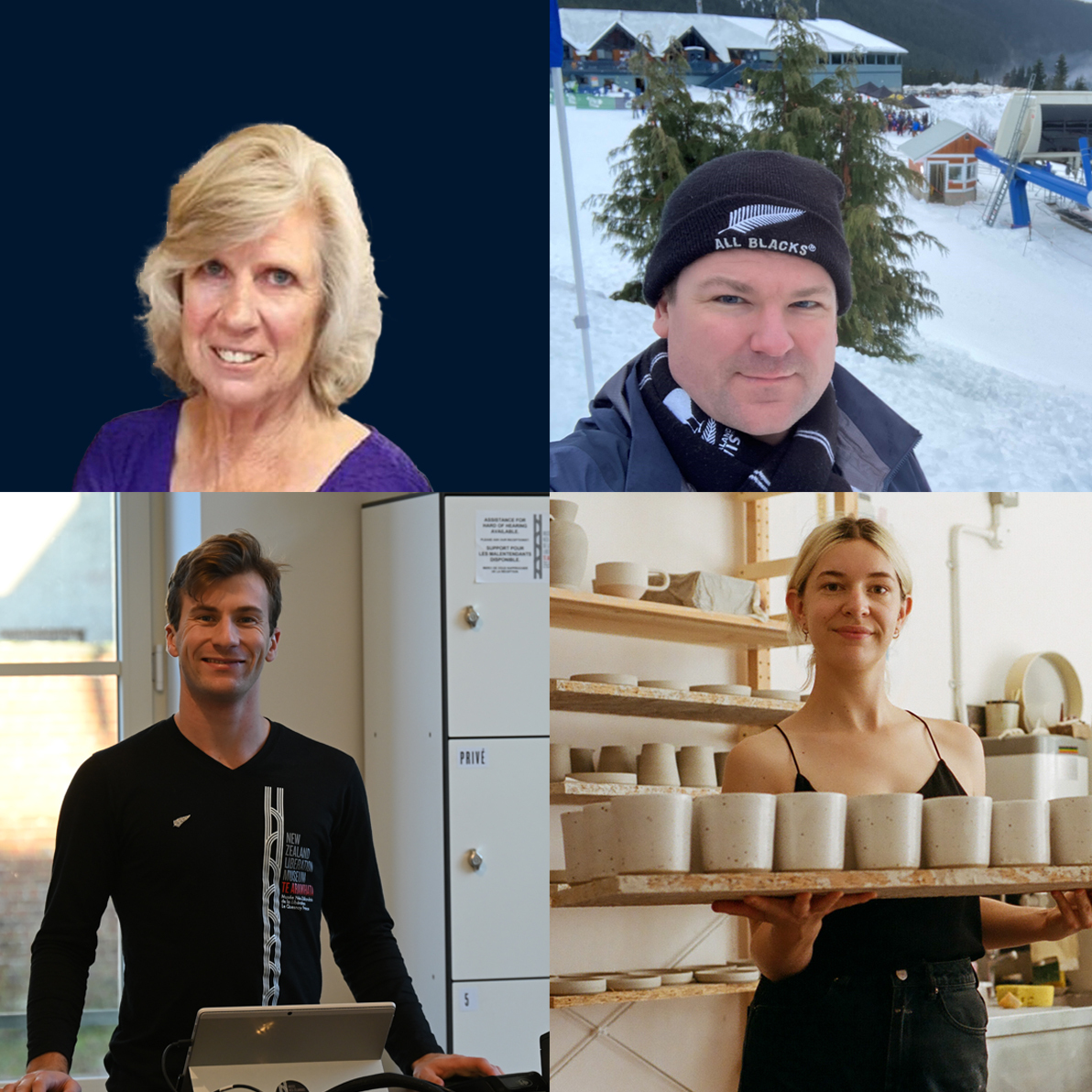Clair Mills: Médecins Sans Frontières
Clair Mills is no stranger to global health. Born in Whangarei and trained in medicine in Aotearoa, Clair has worked all over the world, from Northland to Papua New Guinea, South Sudan to Mozambique. In light of the COVID-19 pandemic which is gripping the world, we spoke to Clair about her current role as Medical Director at international medical humanitarian NGO, Médecins Sans Frontières (MSF).

Can you explain a bit about the work of Médecins Sans Frontières?
MSF provides medical care to people in over 70 countries, primarily in contexts of conflict, epidemics and humanitarian crises. These vary from surgical and trauma projects in Yemen to HIV projects in Southern Africa, Ebola in Congo, maternity and child health in the Sahel (West Africa); health care in refugee camps from Bangladesh to Uganda, for people displaced in their own country, and migrants. And now with the COVID19 pandemic we are also supporting medical activities in Europe, with a focus on those who are most vulnerable or who miss out on health care. See www.msf.org for more info.
How did you come to work for MSF?
By chance really! After finishing my hospital and GP training in NZ, back in 1992 I answered an advert in a medical magazine and then visited the MSF office in Amsterdam – either they were impressed I’d come all the way from NZ, or I must have sounded very convincing! I spent 3 and a half years in the field with MSF, did a Masters in London and then worked for other organizations for a few years (WHO and Save the Children (UK), in DRCongo and Mozambique).
After coming back to NZ to complete my public health medicine specialist training, I was medical director for the Dutch MSF section for nearly 5 yrs. I’ve alternated working for MSF with public health medicine in Tai Tokerau since then – with a couple of short missions with MSF (cholera in Papua New Guinea, Ebola in 2014/15 in Sierra Leone) and now, since mid 2017, as medical director for MSF France.
During a pandemic where so many are at risk, how does MSF assess where the most vulnerable are and how to allocate resources?
It’s a major challenge. Firstly we need to protect our staff, in order to be able to respond effectively anywhere. Then in all the countries we work, we are adapting our projects to minimise transmission of infection, maintain critical services, supporting the public health authorities, and/ or setting up specific COVID19 treatment units.
We are particularly concerned about the impact of the pandemic on people living in areas of conflict such as Yemen, Gaza, Syria and Burkina Faso, where accessing populations to provide health care was already a major problem before the pandemic. There are also other specific groups we think are particularly at risk – people living with HIV, malnourished children, patients with TB and other diseases such as diabetes and cardiovascular disease.
In addition, the impact of COVID19 on health services in many places means that for some time, many children may not get vaccinated, nor receive treatment for malaria; that more women die in childbirth, that more people do not have access to critical health care…
As so many countries have shut their borders, how has this affected the operations of MSF?
We have international staff in all our projects – and obviously this has really affected the ability to send people places- or to get them home. We do have very experienced and competent national staff, so we can largely maintain the activities so far. But we have had to reduce some specialist activities, especially surgical. There are also other important constraints now, imposed by the EU, on exporting medicines and personal protective equipment (masks, gloves etc) from Europe to other regions. As we depend on international supply chains, this is very concerning – and we are advocating to have exceptions made for humanitarian organizations.
Health workers around the world are increasingly becoming stretched thin by the sheer scale of the pandemic, and many medical professionals are coming out of retirement to help. Is MSF struggling to keep up with the demand for assistance?
Many of my colleagues, and specialists in my department here in Paris, are working in their home countries in the pandemic response. We still have international staff available but we have certainly noticed a drop in the numbers available.
For those of us sitting at home, how are we able to help MSF?
‘Be kind’ and ‘stay at home’, seem like very good advice right now! But of course MSF needs the ongoing financial support of our supporters and donors – mostly people like you and me, who give a few dollars a month. 90% of MSF’s income is from individual donors, and this gives us an exceptional independence and a flexibility which most other organisations don’t have. I hope that despite the difficult times, people do consider those worse off than themselves, and continue to support organizations like MSF.

 MENU
MENU









